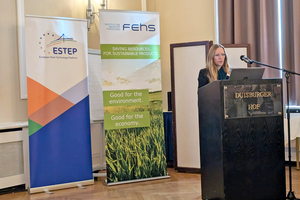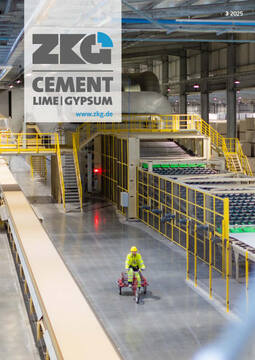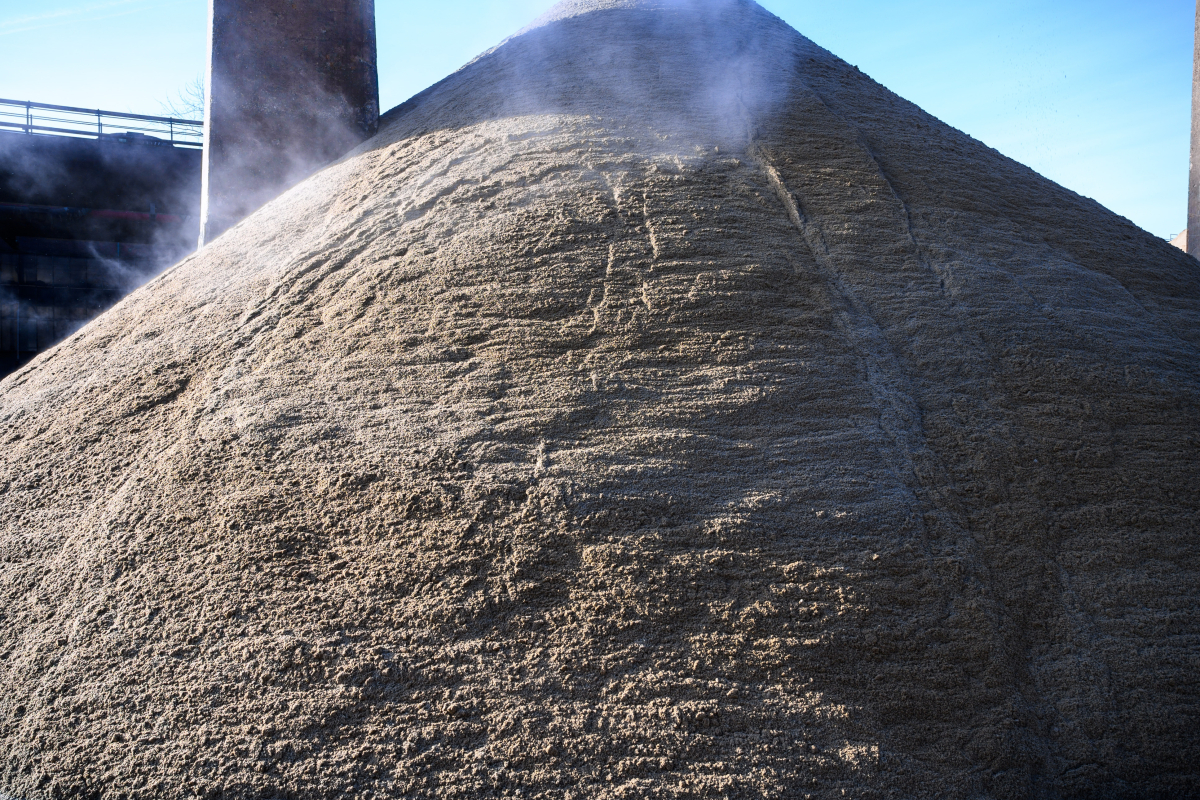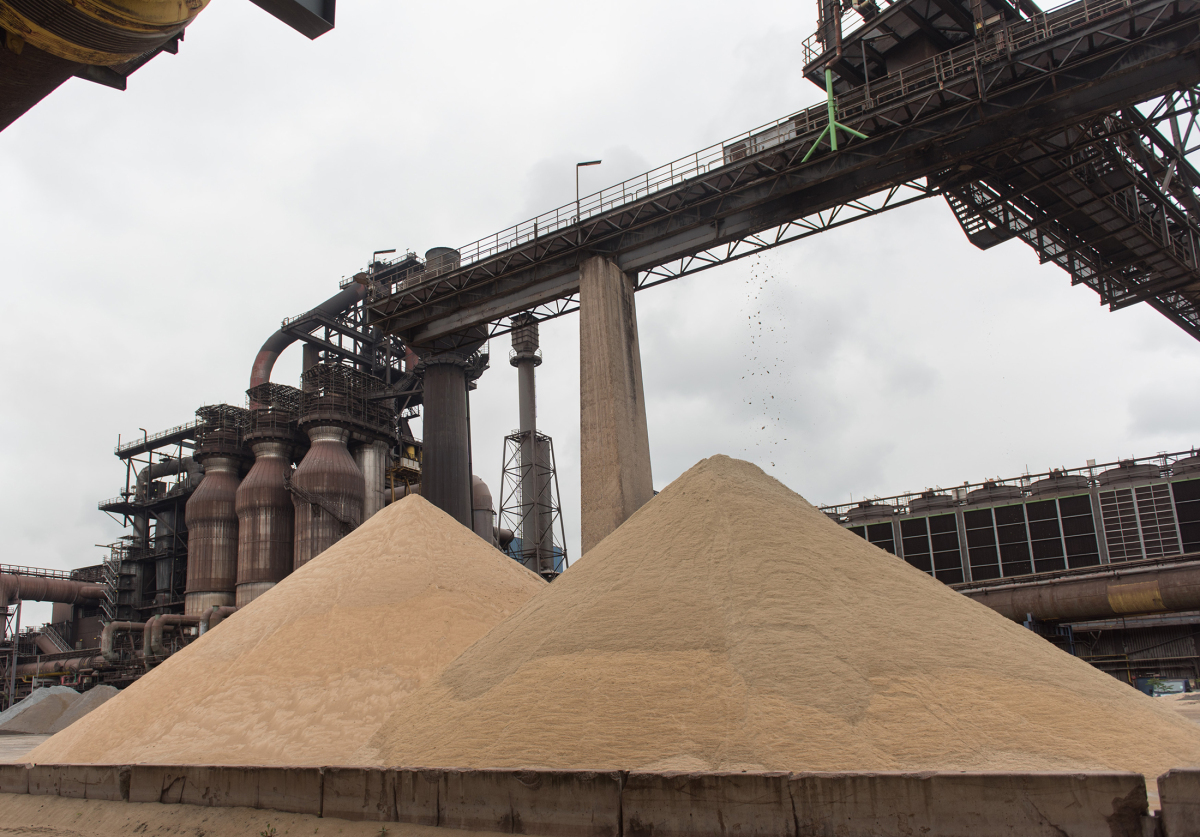The importance of by-products from steel production
Two-day workshop organized
by ESTEP and FEhS Institute
in Duisburg/Germany
By-products from steel production make an important contribution to resource efficiency and the circular economy in Europe. The workshop “The role of slags and other by-products within circular economy in the steel industry” on March 5 and 6, 2025 at the Wyndam Duisburger Hof in Duisburg focused on the current state of research into slags and other materials and the challenges expected in the future. Over one hundred participants from thirteen countries took part in the event organized by the European Steel Technology Platform ESTEP and the FEhS - Institute for Building Materials Research.
The workshop, prepared by the ESTEP focus group Circular Economy and the FEhS Institute, focused on the topics “Situation of slags in different regions”, “InSGeP workshop”, “Valorization of industrial by-products: dust, sludge ...”, “Valorization of industrial by-products: slag” and “Industrial Symbiosis” in twenty-five presentations. The event offered valuable insights into the current utilization possibilities and latest developments in the field of slag utilization with and without DRI content. A central topic was granulation, in particular air granulation and its influence on slag properties, which led to intensive and exciting discussions. The same applies to the allocation approaches of granulated blast furnace slag, which were presented in several presentations.
David Algermissen, Head of the Secondary Raw Materials/Slag Metallurgy Department at the FEhS Institute: “We were impressed by the variety and quality of the contributions and are optimistic about the future. There are already promising technical approaches, especially for the use of DRI-based slags - although existing regulations in several European countries often still present a hurdle. We will also work on this together.”
Klaus Peters, Secretary General of ESTEP: “The workshop showed how important the international and interdisciplinary exchange of knowledge is. The results presented and the outlook on central research tasks have provided us with valuable expertise and outlined the need for future fields of action in the steel industry, not least in the course of decarbonization.”
Thomas Reiche, Managing Director of the FEhS Institute: “By-products from steel production are important resources that substitute primary raw materials, promote climate protection and drive the circular economy. Their importance will continue to grow, as the recently presented Clean Industrial Deal has underlined.” In addition to adequately funded application-oriented industrial research, the further improvement of the regulatory framework will be a prerequisite for success.





